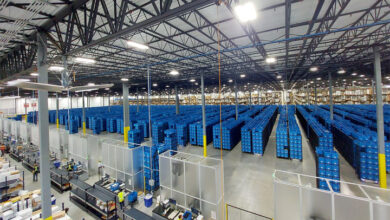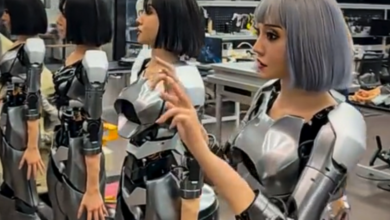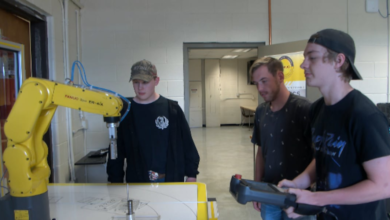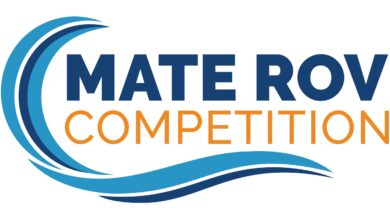The senior partner at NCS believes robotics technology is the solution to entrenched problems
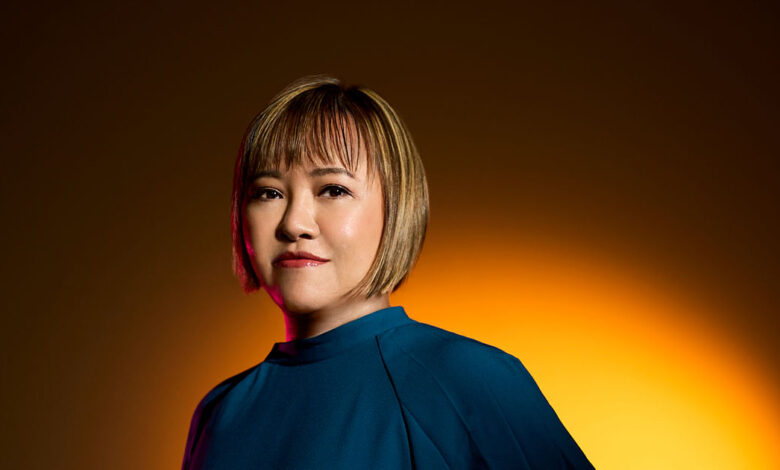
In five words, how would you describe what you do?
Making tomorrow better with technology.
Why is your work important today?
I see my work as that of a creative practitioner — on the one hand, imagining the possibilities of innovation and, on the other hand, grounding ideas so they can take shape in the real world. There is a lot of excitement and anxiety around technological innovation and the kind of impact it is going to have on society and people’s lives.
Will Gen AI replace jobs, or will it make our jobs better? Is AI-generated content a deep fake crisis ready to explode or an incredible new tool for content creators everywhere?
Technology is neutral — neither good nor bad. It is where we choose to direct our focus, which problems we choose to solve, and how we design the solution that will determine whether technology is good. At NCS, I can navigate through these challenges and shape and drive towards applications that benefit the community.
What do people most misunderstand about what the work you do aims to achieve?
Many people associate my work with technology, but at its core, it promotes human-centred values like freedom, safety, and care. At NCS NEXT, while we do explore new and emerging technologies, our focus isn’t just on the latest gadgets. Instead, we aim to address long-standing issues that people have grown accustomed to, often ceasing efforts to find improvements. Our primary goal is to find solutions to these entrenched problems that seemed unsolvable before.
Let me share an example. Many healthcare institutions face a shortage of nursing professionals, so we collaborated with hospitals to integrate robots that handle repetitive, low-value tasks like delivering supplies. This allows nurses to focus more on patients who require intensive care.
At its core, my work is about promoting human-centred values like freedom, safety, and care.
Wynthia Goh, senior partner, global co-lead, NEXT, NCS, shares how robots can tackle long-standing, seemlingly intractable problems
Another focus area has been video intelligence. Previously, security officers had to monitor a wall of video feeds continuously for potential issues. We’ve transformed this process with video analytics models that identify various safety concerns and trigger alerts to officers when their intervention is needed.
This technology can detect subtle issues, like signs of fatigue, that might be missed by the human eye, significantly enhancing workplace safety.
What would success in the work that you do look like?
When I see how the work that we do can make a positive impact on people’s lives. This means we are not looking at technology for technology’s sake but looking to realise the value of technology very quickly in real problems.
At this year’s Milipol, we demonstrated how Gen AI can play such a practical and yet much-needed role in emergency assistance, providing guides to the call dispatchers with the key questions given the context of the call summarising the call so they can focus on connecting the caller to needed services.
What would make your bigger work goals easier to achieve today?
Nationally, an established national ethical framework ensures technology is used for the public good, incorporating ethics from the design stage — akin to cybersecurity’s “shift left” approach. At the organisational level, transformation emphasises people, addressing customer issues, and enhancing employee skills to ensure technology benefits both business and staff.
Individually, using technology creatively rather than passively enhances our understanding and management of its impacts.
When you look at the state of the world today, what is the one thing that gives you hope?
Human creativity and ingenuity. We recently partnered with NUS to invite students from all the tertiary institutions in Singapore to explore solving urban mobility challenges with Gen AI. In the short span of a few weeks, we saw many creative, well-thought-out attempts to solve different types of transportation pain points. I think we should never underestimate human creativity and our capacity to solve problems.

